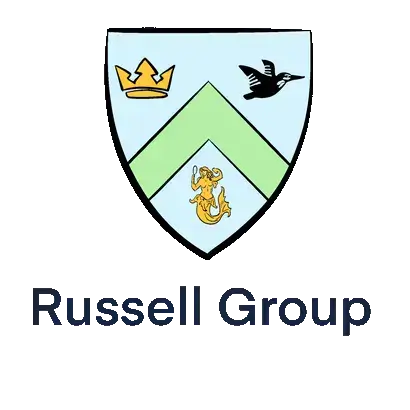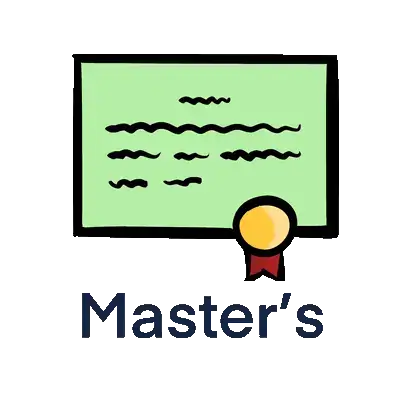All tutors are classroom teachers with UK QTS or international equivalent
All tutors have enhanced DBS or equivalent checks
Book a free 20 minute consultation with any of our tutors
Billing will commence once you book a tutor to deliver a tuition session
Tutor rates start at £70 per hour. Find out more about our rates.
Meet our Dyspraxia Tutors
Our Dyspraxia tutors are all qualified teachers with additional experience and qualifications in supporting children with Dyspraxia. We believe one to one support can make a huge difference to a child’s education. Our tutors can provide support across a range of school entrance, GCSE and A-level subjects. Below, you will find a list of our Dyspraxia tutors and further information. Refine your results by using the search box above, or view all Dyspraxia tutors below:
Kelly - Check availability
7 Plus, 8 Plus, 11 Plus, 13 Plus, Other School Entrance, University Admissions & English
Kelly qualified as a teacher in 2006 after graduating from the Institute of Education in London She joined a London Independent school and...
Online tuition
Primary education (2006)
School entrance experience





Rémy - Check availability
7 Plus, 8 Plus, 11 Plus, 13 Plus, Other School Entrance & English
R my is an outstanding, full-time tutor and role-model who has a proven track record of success with admissions to top London schools...
Online tuition
Primary education (2013)
School entrance experience




Josephine - Contact us for availability
11 Plus, 13 Plus, Other School Entrance & English
Josephine is one of our most experienced tutors, having taught and tutored English for the past 20 years, 14 of which were spent...
English (2010)
School entrance experience






Free Exam Papers
Dyspraxia
Intro
Dyspraxia is a condition that affects gross and fine motor-skills and coordination. Like Dyslexia and Dyscalculia, it can affect a child’s progress and learning at school.
The National Health Service refers to dyspraxia as Development co-ordination disorder, when used in relation to children. Please do bear this in mind as you read about the subject. For the purpose of this article, we will use the term Dyspraxia.
Features of Dyspraxia
Dyspraxia can manifest in different ways in different individuals. There are however, some defining features that can be identified in children with Dyspraxia:
- Difficulty in getting dressed by themselves
- Missed or late developing milestones in infancy (e.g. sitting up by themselves)
- Difficulty balancing or moving
- Difficulty with writing or other fine-motor skills
- Problems with moving up and down stairs or climbing apparatus
- Often fall over
- Poor organisation and structuring skills
- Messy and inconsistent handwriting
There are more features related to Dyspraxia but this should give you a good idea of the general identifying features.
What can help?
It’s clear that Dyspraxia has the potential to debilitate a child’s confidence and progress is left unsupported. This isn’t the case for everyone of course! Some Dyspraxic children (and adults) require support to help ensure they progress well at school, particularly if they have important assessments coming up. Here are some things that can help:
- There are many specific tips available relating to specific issues. For example, with handwriting issues having the child write on different materials (e.g. sandpaper, a banana) can help to boost confidence. Using stencils and pencil grips can also help younger children
- Providing structured plans that are partially filled in (e.g. a revision timetable) and then working with the child to fill in the other parts
- Use closed questions when supporting a child with Dyspraxia. Open ended questions can be confusing!
- Break tasks into small, manageable chunks and explain how each stage leads into the next
- Communication with the school regarding additional support that can be put into place. The school SENCO is often the best person to speak to
- Specialised one-to-one support from an experienced Dyspraxia tutor can help to improve structure and boost confidence
Source: Dyspraxia Foundation
Final Thoughts
We hope you have found this guide useful. If you have specific queries relating to Dyspraxia, we recommend you speak to a qualified clinician in the first instance. If you require education support for a student with Dyspraxia please do get in touch as we have a number of qualified and experienced teachers who may be able to help.
Further Reading
The Dyspraxia Foundation – An informative website that provides guides, advice and further reading



